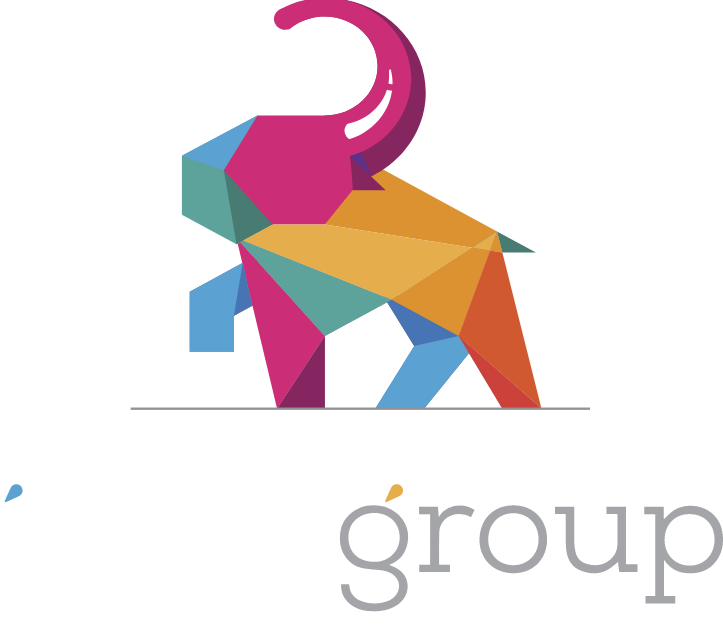
Elevate Your Interview: The Smart Questions That Help You Lead the Conversation
Impress Your Interviewer: What to ask and what
not to ask
Got an interview coming up? First off, congrats!
You’ve done the hard work: you’ve polished your CV, practised your pitch, and lined up some solid examples to showcase your skills. But there’s one moment that still catches many candidates off guard, the dreaded…
“Do you have any questions for us?”
Going blank at this point is common for too many candidates. It’s a missed opportunity to stand out during the interview.
The most impressive candidates aren’t just ready to talk about themselves; they come armed with smart, strategic questions to ask the interviewer that show genuine interest in the role and company.
A common theme we hear from candidates is, "What are the best questions to ask in an interview?”. If this sounds familiar, and you’re unsure what questions to ask potential employers in your next interview, don’t worry; we’ve got you covered. In this post, we’ll walk you through the best interview questions to ask the interviewer to help you stand out, learn more about the position, and ultimately decide if the role is the right fit for you.
Key Takeaways:
- Asking smart questions shows preparation and genuine interest.
- Good questions focus on role expectations, team fit, and success metrics.
- Questions about growth signal long-term ambition.
- Avoid asking about salary or benefits too early.
- Strong questions help you evaluate if the role is right for you.
1. Can you tell me about the company’s history and long-term direction?
This is a strong opening question that shows genuine interest in the company, the role, and future opportunities. Opening with this question shows you’re committed long-term and genuinely interested in how your career can evolve with the business. It signals that you are curious about the company’s growth and how your goals align.
Rather than merely asking “What does the company do?”, which can appear unprepared, this interview question reflects both ambition and initiative.
2. What kind of projects or work will I be involved in during the first six months?
This is an excellent interview question to understand the role's responsibilities and position yourself as a suitable candidate. Similar questions like “What are the expectations for this role?” and framing questions around specific projects signal to the interviewer that you are already envisioning yourself in the position.
By asking this, you show initiative and a genuine interest in what success looks like early on. As a bonus, the interviewer will begin to envision you in the role, which can strengthen your chances if your skills align.
3. What qualities have made others successful in this role?
This interview question sets you apart, indicating that you are focused on performance and success, not just landing the role. It tells the interviewer you’re aiming to exceed expectations, not just meet them. This positions you as a candidate with high standards and strong self-awareness.
Understanding the role through asking open-ended questions like “What does the right person for this position look like?” encourages open discussion and communicates your interest in the role rather than what you will get out of it.
4. Can you tell me about some employee growth stories?
This question taps into the company culture and how they recognise and support growth. It gives you insight into what career development looks like within the company. Similar questions, such as “What would the journey of someone in this role typically look like over a few years?” communicate to the interviewer that you value structure, support, and long-term contribution.
5. What training or development opportunities are available?
Asking the interviewer about any opportunities for training and development helps you learn more about their company culture while highlighting your interest in continuous learning and growing within the company. This positions you as a motivated and ambitious candidate who views the opportunity as more than a short-term move.
Asking your potential employer questions like “What kind of development opportunities are available throughout the role?” shows initiative while determining whether the role reflects the environment and culture where you excel.
6. What is the timeframe for the next steps in the process?
This is an excellent interview question to conclude with. It shows professionalism, organisation, and genuine interest in moving forward. It communicates that you’re engaged in the process and managing your job search professionally.
This helps you manage expectations while reinforcing your enthusiasm for the role. It allows the interviewer to show where they are in the recruitment process and to give an indication of your suitability for the role or future success.

Interview Questions to Avoid
Now that you’ve learnt the best interview questions to ask the interviewer. It’s important to balance your curiosity whilst avoiding interview questions that can unintentionally leave the wrong impression.
Here are a few interview questions that can leave the wrong impression:
1. Do you pay well?
Asking about pay too early can come across as transactional. It shifts focus away from your value and onto what you’ll get, which can feel premature.
Instead, let your recruitment consultant guide the conversation. They’ll help you receive the best offer at the right time.
2. What’s in it for me?
This question can sound self-serving, showing a lack of interest in the business or team outcomes. It’s important to show how you plan to contribute first. A better approach is to ask how success is defined in the role and how the company supports growth, showing you're focused on mutual value.
3. Not asking any questions at all
An interview is a two-way conversation. If you don’t ask any questions, it may look like you’re not fully invested, signalling disinterest, lack of preparation, or low enthusiasm for the opportunity.
Remember, an interview is also an opportunity to learn whether the company matches your ambitions and whether you envision your career growing there. To stand out in an interview, it is recommended to prepare at least 2–3 tailored questions in advance, similar to the ones we’ve outlined above.
Questions drawn from what you’ve learned about the company, the role or the team will help you to stand out from the pack as someone who takes initiative, is genuinely interested and committed to long-term growth.
Drawn from our consultants’ insights, this guide is designed to help you ask thoughtful questions that show genuine interest and spark meaningful dialogue, setting you apart as a candidate who’s thinking long-term.
Need guidance on finding your next role?
At Ivory Group our expert consultants are here to guide you.
Ivory Group specialises in recruiting those who strive for success when working in built environments. We support engineering, architecture, construction and government sectors with determination, tenacity, and a bit of grit.
We provide expert consultation at every stage of the process, from CVs to interviews and negotiating offers. We guide candidates to find roles where you not only succeed professionally but also find fulfilment and purpose.
Contact us today to learn how Ivory Group can help you find your natural habitat.
SHARE






